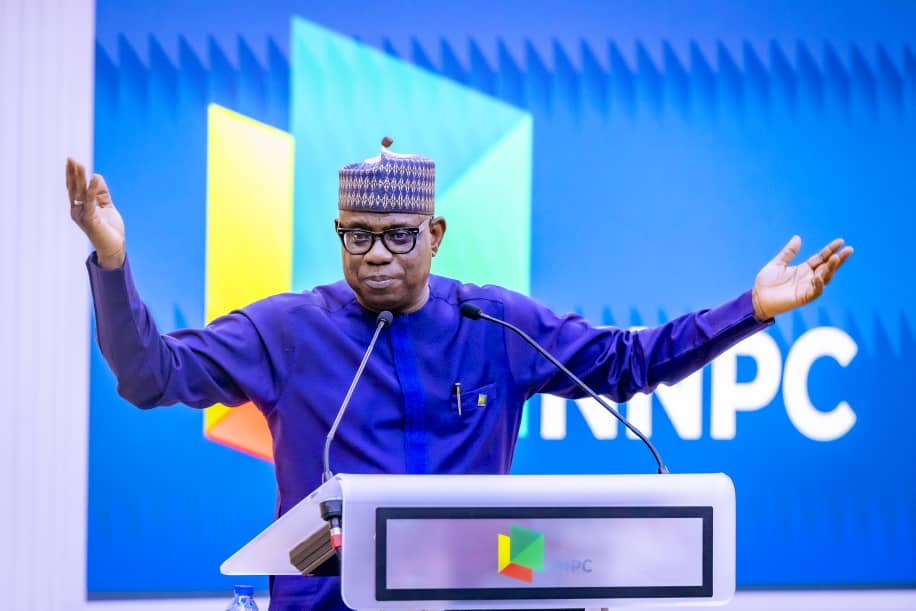Despite the commencement of fuel production by the Dangote Petroleum Refinery and the Port Harcourt Refining Company (PHRC) in recent months, Nigerian oil marketers continue to import petrol to meet the nation's fuel demands.
Between September 11 and December 5, 2024, marketers imported 2.3 billion litres of petrol. This contradicts earlier announcements by oil marketers to suspend imports, leveraging the output of local refineries.
The 650,000 barrels per day (bpd) Dangote Refinery began selling petrol in September, while the PHRC recently restarted operations on its Area 5 facility, producing 60,000 bpd. Despite these developments, recent data shows that marketers imported 68.74 million litres of petrol in just three days.
The Federal Government had announced that marketers could directly negotiate with the Dangote Refinery for product purchases, a move aimed at reducing reliance on imports. Agreements were signed by groups such as the Independent Petroleum Marketers Association of Nigeria (IPMAN) to source fuel locally, with the Petroleum Products Retail Outlets Owners Association of Nigeria (PETROAN) committing to a temporary halt in imports.
PETROAN’s National President, Billy Gillis-Harry, had stated that members would pause imports for 180 days due to the increased capacity of the Dangote and Port Harcourt refineries. Similarly, major marketers pledged to focus on local supply, sourcing 148 million litres from the Dangote Refinery over 10 weeks.
Contrary to these commitments, records from the Nigerian Ports Authority reveal continued importation. Between December 3 and December 5, three vessels delivered a combined 52,000 metric tonnes (approximately 68.74 million litres) of petrol at Lagos and Calabar ports.
The reliance on imports persists due to insufficient domestic production and pricing concerns. The Dangote Refinery, while operational, has yet to meet the nation’s full demand. Meetings with stakeholders, including NNPCL, Major Oil Marketers Association of Nigeria (MOMAN), and other key players, have yet to resolve the issue of cutting imports entirely.
The continued importation underscores the challenges of transitioning to self-sufficiency in fuel supply. With Nigeria’s history of fuel import dependency, achieving the goal of a fully domesticated supply chain will require addressing production shortfalls and building confidence in local refineries.
Stakeholders remain optimistic that as refineries ramp up capacity, Nigeria will reduce its reliance on imports, paving the way for a more sustainable energy future.




